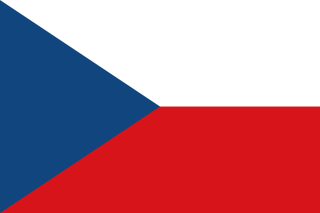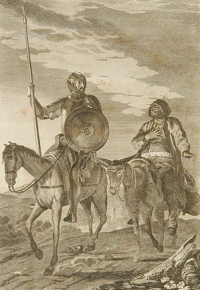A few basic words in Czech
| ano | yes |
| ne | no |
| prosím | please |
| tady | here |
| tam | there |
| kdo | who |
| co | what |
| kdy | when |
| kde | where |
| proč | why |
| jak | how |
| trochu | a little |
| víc, více | more |
| míň, méně | less |
| S dovolením. | Excuse me. |
| Promiňte. | I’m sorry. |
| Děkuji. | Thank you. |
| Není zač. / Prosím. | You’re welcome. |




